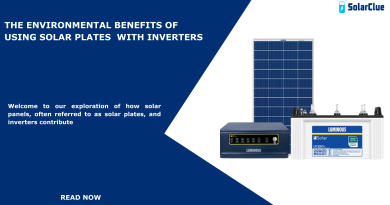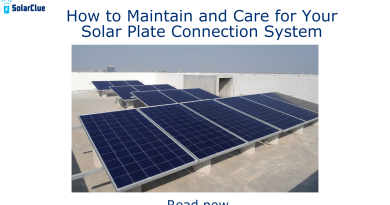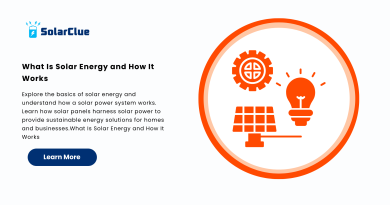On Grid Solar Roof Systems 2
Table of Contents The advent of solar energy has revolutionized our approach toward resource management. Among the multiple diverse applications of solar energy, on grid solar roof systems stand out due to their significant advantages over conventional energy sources. They are also known as grid-tied solar systems and provide an efficient, eco-friendly alternative to traditional electricity generation. This article will delve into what on grid solar roof systems are, how they work, their benefits, and few considerations to make before installing them. On grid solar roof system is a solar power electricity generation method that is connected with the utility grid. These systems consist of solar panels mounted on the roof of the establishment, a solar inverter to convert the generated power from direct current (DC) to alternating current (AC), and other necessary equipment. The system generates electricity through sunlight and is hooked up to the local electric grid, allowing establishments to fetch power from the grid when needed and return excess power to it when their energy production surpasses. The on grid solar roof system operates using a straightforward process. The solar panels on the roof capture sunlight and convert it into direct current (DC). The solar inverter then transforms this DC into alternating current (AC) that can be utilized in homes and businesses. When the system produces more power than required, the excess is fed back into the grid, effectively exporting it. Conversely, if the facility’s energy consumption exceeds its solar energy production, electricity is imported from the grid, ensuring a continuous, uninterrupted power supply. Several advantages come with the on grid solar roof system. Firstly, they help reduce energy costs, easing the financial burden on households and businesses. As electricity bills become progressively more expensive, the system guards against these increases by generating your electricity. Often, users might generate more power than they use, leading to credits on their electricity bills. Secondly, the systems are environmentally friendly. As solar energy is a renewable source, the systems significantly reduce carbon emissions, contributing to the fight against climate change. Furthermore, grid-tied solar systems require less space and materials than off-grid systems, making them a more sustainable choice in many circumstances. Thirdly, the simplicity and low maintenance of on grid solar roof systems also make them an attractive choice. They have fewer components than off-grid systems and hence fewer opportunities for a breakdown. This simpler system allows for cheaper and less frequent repair and maintenance services. While the on grid solar roof system offers many benefits, it’s essential to understand a few considerations. One of the main reservations with these systems is that they do not function during power outages unless equipped with a battery backup. Nevertheless, this minor drawback is often overlooked in light of the larger benefits. In conclusion, an on grid solar roof system is an efficient and eco-friendly way to meet your power needs. Considering today’s energy costs and the urgent need to switch to sustainable energy alternatives, such a system is a valuable investment. By significantly reducing energy bills, offering a greener energy solution, and requiring less maintenance, grid-tied solar systems prove to be an excellent fit for many households and commercial properties. However, like every investment, it’s crucial to conduct thorough research and consider your specific circumstances, such as location, energy consumption, and the feasibility of installation. Hence, if you are giving thought to the transition, it’s recommended to consult with a professional to make an informed decision. Solar energy is an investment into your future, the resilience of your home, and the sustainability of our planet.Introduction to On Grid Solar Roof Systems
The Basics: What is an On Grid Solar Roof System?
Understanding the Functioning of an On Grid Solar Roof System
The Pros of On Grid Solar Roof Systems
Reservations to Consider with On Grid Solar Roof Systems
Conclusion – Should You Install an On Grid Solar Roof System?



